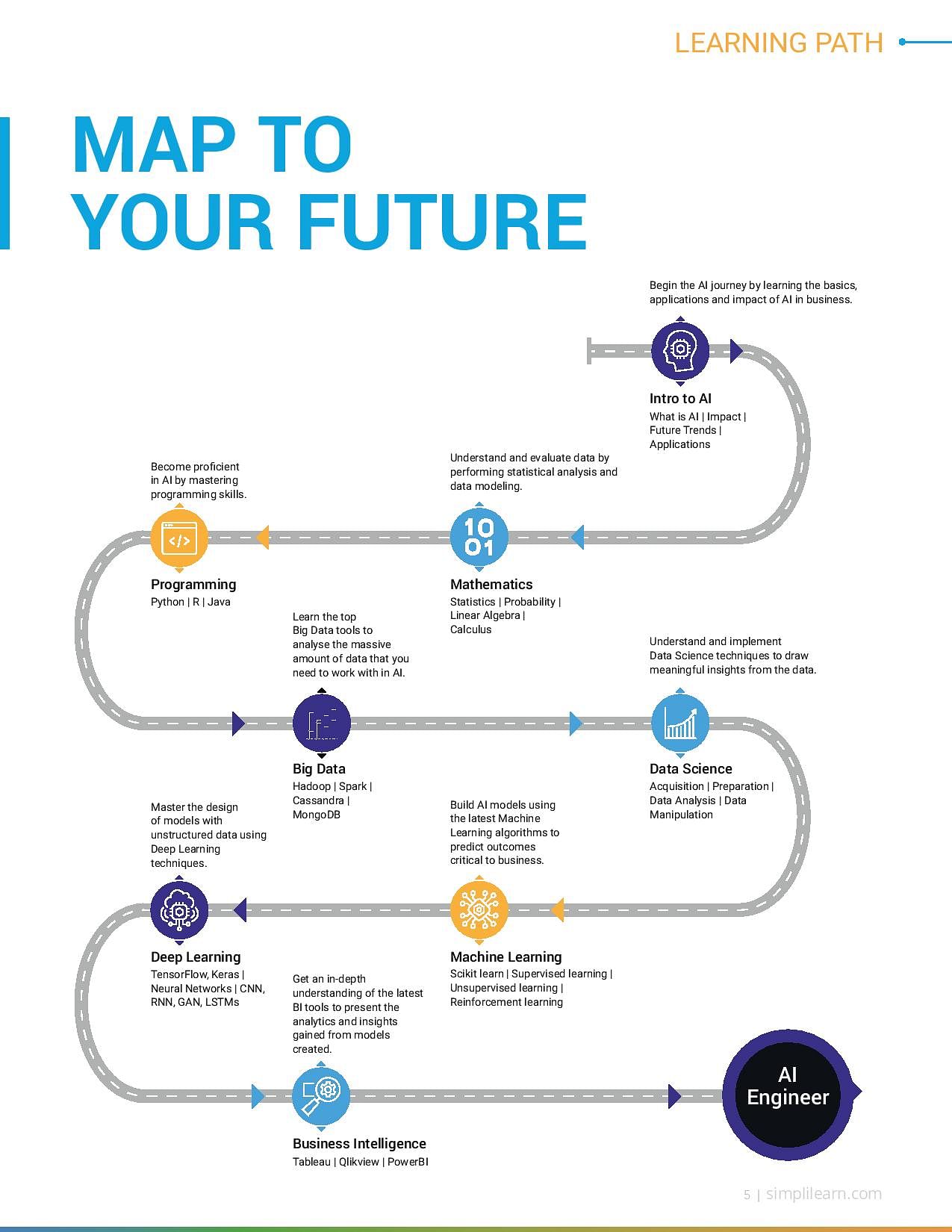
This article will explore the main issues and questions surrounding the ethics of artificial intelligent development. We will explore the ethical implications of AI for humans and discuss the ethical concerns that arise from its creation. This article is meant for researchers and students in artificial intelligence. For more information, see the full article at the link below. The following are the questions we will be discussing:
Future research on ethical AI can be guided by the use of research questions
AI systems are fraught with ethical and moral dilemmas. One of these is problem formulation. It is difficult and sometimes unreliable but it is necessary for ethical AI. A recent paper presented by ACM FAT 2019 suggests some questions for future research. The authors suggest that companies must discuss ethical issues in problem formulation. They should also avoid implementing data-science projects without first discussing the ethical implications.

AI systems can also be misused in an unethical manner by unsavory actors. While sentient AI systems are far away, even machine learning models can mimic human behaviors. Even if sentient AI systems do not emerge for decades, ethical AI principles will be necessary to ensuring that these technologies develop responsibly. Industry self-regulation is often more effective than government regulation, so it is critical that companies understand the risks of AI and the ethical dilemmas associated with it.
A thriving ethical AI system must be inclusive, explainable, and use data responsibly. AI systems must be inclusive and accessible to all members of society. It is important to have accurate information about the data and to audit the model after it has been trained. It must be closely monitored in order to prevent corruption and other undesirable effects. AI, as with all new technologies, is a complicated field.
Unethical AI has a negative impact on the health of people
AI and algorithm use are commonplaces in our daily lives. However, ethical concerns remain. Research is growing that focuses on the ethical implications associated with AI. Some experts claim that AI is still relatively primitive. However, future AI will prove to be far more sophisticated. Experts predict that AI will progress rapidly from narrow AI to artificial intelligence (AGI), superintelligence, and other advanced levels. Others are worried about the effect of deepfakes on AI and the problem with misinformation.
AI is being used in many industries and has raised ethical issues. Although AI offers many benefits, the use of unethical techniques has been celebrated. The company-employee relationship could be affected by unethical AI usage. But it isn't clear whether AI will ultimately enhance or destroy these relationships. The European Union is now sandwiched between China (the world leader in AI development) and the United States (the European Union).

AI journal publishes a special issue on ethical issues. The issue contains eleven articles from different disciplines. Kelley's article gives a broad overview of AI. Toth, along with colleagues, examines AI from an ethics perspective, paying special attention to accountability. While Sullivan and Wamba explore how AI could potentially affect society, John-Mathews, Cardon, and Balague provide a fresh perspective on AI fairness and corporate responsibility.
FAQ
What does AI mean today?
Artificial intelligence (AI), also known as machine learning and natural language processing, is a umbrella term that encompasses autonomous agents, neural network, expert systems, machine learning, and other related technologies. It is also known as smart devices.
Alan Turing, in 1950, wrote the first computer programming programs. His interest was in computers' ability to think. In his paper, Computing Machinery and Intelligence, he suggested a test for artificial Intelligence. This test examines whether a computer can converse with a person using a computer program.
John McCarthy, who introduced artificial intelligence in 1956, coined the term "artificial Intelligence" in his article "Artificial Intelligence".
Many types of AI-based technologies are available today. Some are easy and simple to use while others can be more difficult to implement. They can be voice recognition software or self-driving car.
There are two major categories of AI: rule based and statistical. Rule-based uses logic to make decisions. An example of this is a bank account balance. It would be calculated according to rules like: $10 minimum withdraw $5. Otherwise, deposit $1. Statistics are used for making decisions. A weather forecast may look at historical data in order predict the future.
Is there any other technology that can compete with AI?
Yes, but not yet. There have been many technologies developed to solve specific problems. But none of them are as fast or accurate as AI.
Why is AI important?
According to estimates, the number of connected devices will reach trillions within 30 years. These devices will include everything, from fridges to cars. The Internet of Things (IoT) is the combination of billions of devices with the internet. IoT devices will be able to communicate and share information with each other. They will be able make their own decisions. Based on past consumption patterns, a fridge could decide whether to order milk.
It is expected that there will be 50 Billion IoT devices by 2025. This is an enormous opportunity for businesses. However, it also raises many concerns about security and privacy.
Statistics
- The company's AI team trained an image recognition model to 85 percent accuracy using billions of public Instagram photos tagged with hashtags. (builtin.com)
- Additionally, keeping in mind the current crisis, the AI is designed in a manner where it reduces the carbon footprint by 20-40%. (analyticsinsight.net)
- According to the company's website, more than 800 financial firms use AlphaSense, including some Fortune 500 corporations. (builtin.com)
- That's as many of us that have been in that AI space would say, it's about 70 or 80 percent of the work. (finra.org)
- In the first half of 2017, the company discovered and banned 300,000 terrorist-linked accounts, 95 percent of which were found by non-human, artificially intelligent machines. (builtin.com)
External Links
How To
How do I start using AI?
A way to make artificial intelligence work is to create an algorithm that learns through its mistakes. This learning can be used to improve future decisions.
A feature that suggests words for completing a sentence could be added to a text messaging system. It would take information from your previous messages and suggest similar phrases to you.
The system would need to be trained first to ensure it understands what you mean when it asks you to write.
You can even create a chatbot to respond to your questions. One example is asking "What time does my flight leave?" The bot will reply, "the next one leaves at 8 am".
Our guide will show you how to get started in machine learning.